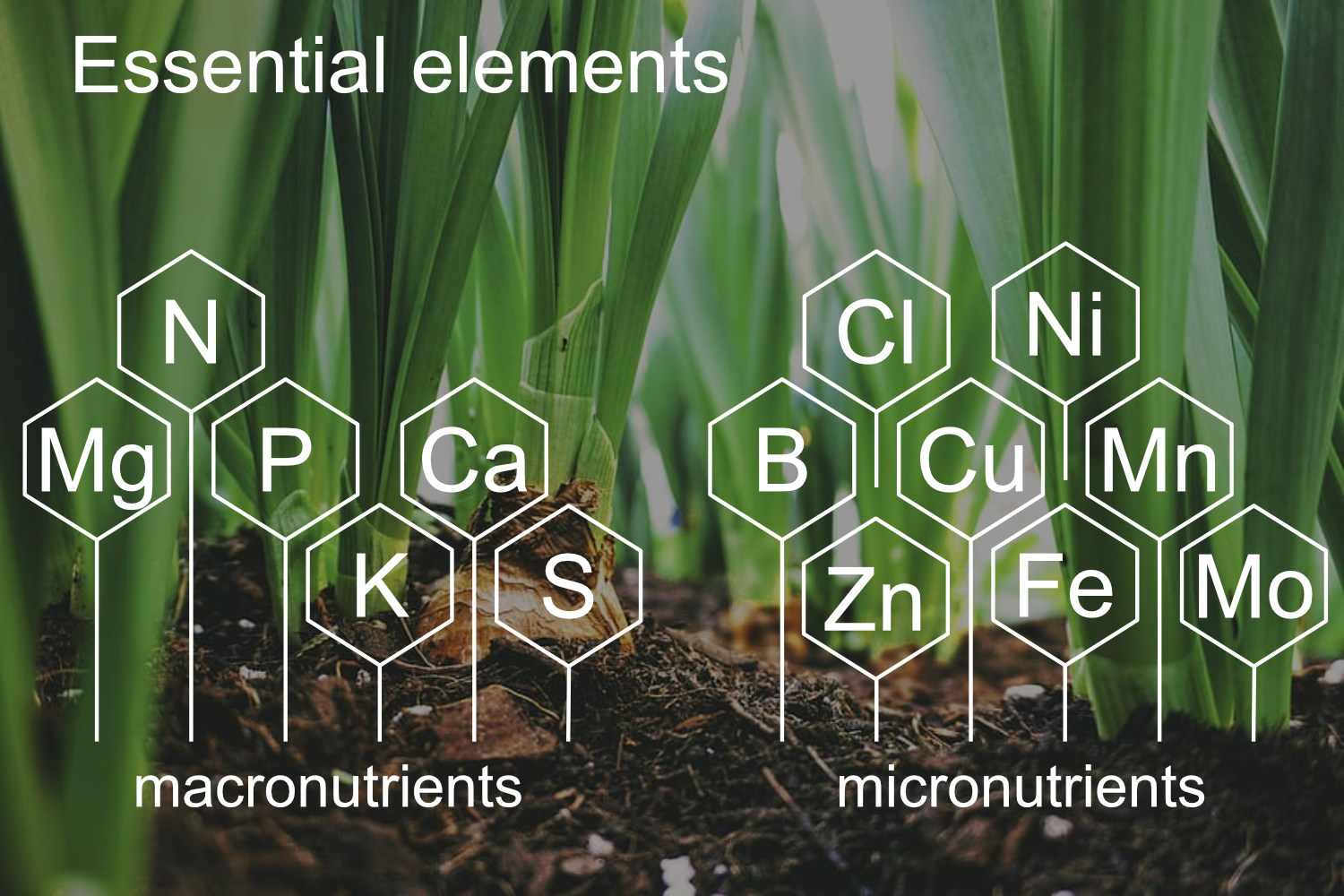

Vitamins and minerals found in food are easier for the body to absorb than those in a pill. It’s best to get all the micronutrients you need from eating a diverse diet rather than taking supplements. Too much can be toxic, which may lead to symptoms such as nausea, diarrhea and headaches. With micronutrients, more isn’t necessarily better. While micronutrients don’t give us energy, they’re critical for the many chemical reactions that occur in our bodies, including extracting energy from food and creating new cells. They include vitamins, such as C, D and K, and minerals such as iron, magnesium and calcium. “Micronutrients,” also referred to as vitamins and minerals, are no less important than macronutrients. Our bodies need fat to help absorb certain vitamins. Yes, even cutting out fats would be harmful.

Carbohydrates should make up 45-65% of our total daily calories protein should make up 10-35% and fat, 20-35%.Įliminating or seriously limiting any one of these macronutrient groups from a diet isn’t healthy. Of these three, the majority of our energy should come from carbohydrates - not proteins. Salad or wings? It’s easy to guess which is the healthier pick for a meal.īut how many of us know what a nutritious overall diet looks like? To be healthy, we need a balance of macronutrients and micronutrients.Ĭarbohydrates, fats and proteins (“macronutrients”) provide us with energy in the form of calories.


 0 kommentar(er)
0 kommentar(er)
